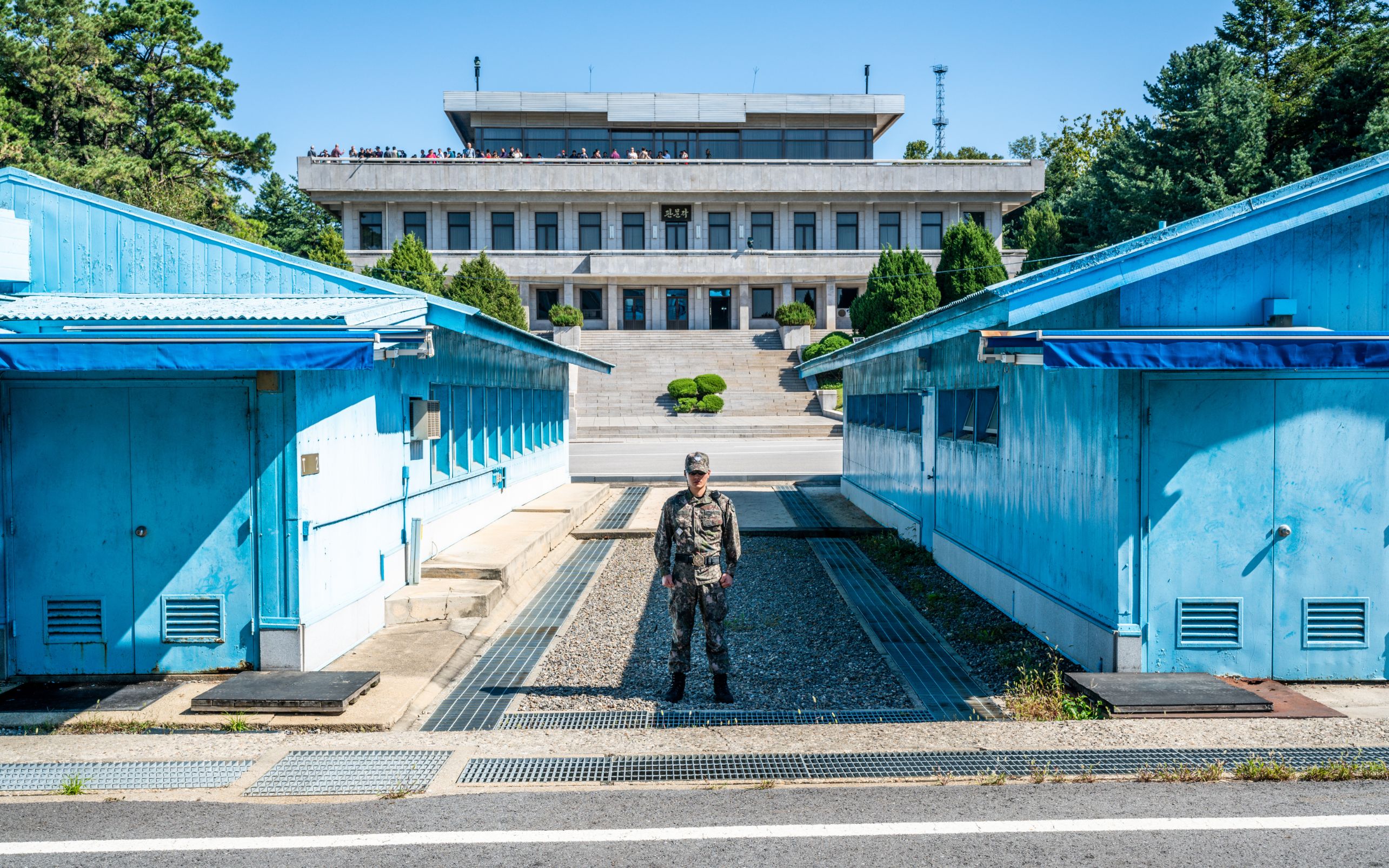North Korea has confirmed the detention of U.S. soldier Pvt. Travis King, who ran across the border last month. Through its state media, North Korea attributed statements to King criticizing the U.S., though an expert dismissed the news as “100% North Korean propaganda.” The report claims that King entered North Korea due to mistreatment and racial discrimination within the U.S. Army. While some believe North Korea might attempt to use King for bargaining, the U.S. is working to verify the claims and seeking King’s return.
Key Points:
- Detention of Travis King: North Korea has announced the detention of Pvt. Travis King, a U.S. soldier who entered the country on July 18. The official Korean Central News Agency (KCNA) claimed King criticized the U.S. and expressed a desire to seek refuge in North Korea or a third country.
- U.S. Response: The U.S. Defense Department has stated that it has no way to verify the claims about King, and is working through all available channels to secure his return. Some speculate North Korea may try to tie King’s release to U.S. concessions, while others believe King’s low rank may lead to his eventual release.
- Family’s Appeal and Background: Travis King’s family is appealing for his humane treatment, with his mother particularly concerned for his well-being. King was among approximately 28,000 U.S. troops stationed in South Korea and was heading to Fort Bliss, Texas, after being released from prison in South Korea on an assault conviction.
- Wider Diplomatic Context: The situation with King occurs against a backdrop of heightened tensions, with North Korea conducting numerous weapons tests and objecting to U.S.-South Korean military drills. Upcoming diplomatic meetings and discussions on North Korea’s human rights record are also influencing the broader picture.
- Legal Status and Historical Precedence: King’s entry into North Korea is described as “illegal” by KCNA. The U.S. has declared him AWOL, with potential punishments including confinement or dishonorable discharge. The absence of diplomatic ties between the U.S. and North Korea complicates consular services, historically provided by Sweden, particularly since Swedish diplomats have not returned to North Korea since the COVID-19 pandemic began.






